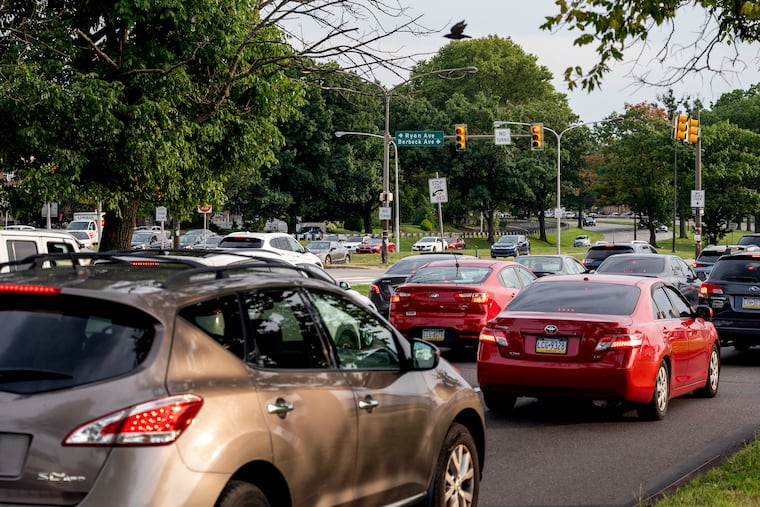NYC schools request Trump to explain how gender bathroom policies impact federal funding.
Local education officials in New York City are currently navigating a significant challenge from the Trump administration regarding federal funding tied to the city’s gender policies on bathroom use in schools. The dispute centers on million in Magnet Schools Assistance Program (MSAP) grants that have been awarded to five local magnet schools, which are now at risk of revocation.
In a letter addressed to the U.S. Department of Education’s civil rights office, New York City Public Schools General Counsel Liz Vladeck requested clarification on the connection between federal sex-based discrimination laws and the administration’s stance on the MSAP. Vladeck emphasized that the gender policies referenced by federal officials do not specifically pertain to the MSAP and questioned the basis for targeting these grants. She has also requested a 30-day extension to evaluate the potential impact of losing grant funding on the affected schools and their students.
The Trump administration’s position, articulated in correspondence dated September 16, threatens to withhold funding unless the city schools comply with demands that include the implementation of sex-segregated bathrooms and public acknowledgment of this stance. The memo further extends its reach to locker room arrangements, sports team allocations, and provisions for overnight field trips.
As this situation unfolds, Mayor Eric Adams and Schools Chancellor Melissa Aviles-Ramos seem to be at odds over the issue. During recent media appearances, Mayor Adams expressed the necessity to reassess the city’s current bathroom policy, which presently allows students to utilize facilities that align with their gender identity. However, he acknowledged his limited ability to alter such policies, as they must adhere to state law. Adams stated his intent to engage parents and the public in discussions about potential modifications to state regulations, highlighting the need for clarity in these matters.
In contrast, Chancellor Aviles-Ramos has reinforced the city’s commitment to its existing gender guidelines, attributing this stance to both state law and the core values of New York City Public Schools. She emphasized the importance of creating a safe and supportive environment for all students, regardless of gender identity, indicating a determination to uphold inclusive policies despite federal pressures.
The divergence in responses from city leadership has sparked concerns among some education advocates, who argue that such public discourse could negatively influence the student population. They have criticized the mayor’s statements as potentially harmful, framing them as exacerbating fear and uncertainty among students.
The continuing developments in this situation highlight a critical intersection of local governance, federal policy, and the rights of students, ensuring the discourse around gender identity in schools remains at the forefront of public debate. As officials await responses from federal authorities and consider their next steps, the outcome could have significant implications for educational equity and the operational landscape of New York City schools.
Media News Source







